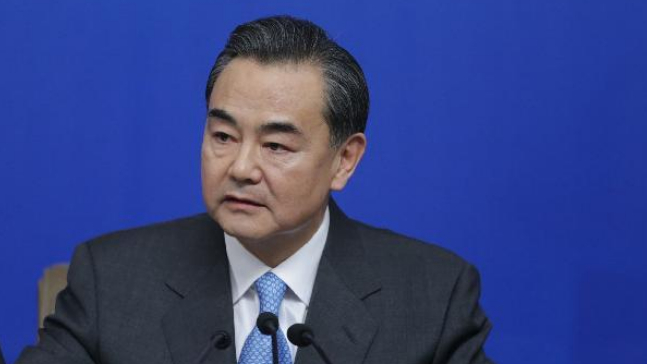
Politics
15:05, 20-Nov-2018
China blames 'bullying' for lack of agreement at APEC
Updated
14:15, 23-Nov-2018
CGTN

China's foreign minister has blamed coercive tactics by unnamed countries for the failure to issue a communique at the end of the Asia-Pacific leaders' meeting.
"It is mainly that individual economies insisted on imposing their own texts on other parties, excusing protectionism and unilateralism and not accepting reasonable revisions from the Chinese and other parties," Wang Yi, who is also a State Councilor, said.
Wang was answering reporters' questions on why the 26th Asia-Pacific Economic Cooperation (APEC) Economic Leaders' Meeting in Papua New Guinea failed to release an end-of-conference declaration.
Decisions by consensus is a basic principle all APEC member economies abide by during their meetings, one that cannot be ignored or abandoned, Wang stressed.
He was followed up by foreign ministry spokesperson Geng Shuang on Monday.
"We believe that what needs to be avoided is to rush into prejudgments, and even less to practice protectionism under the name of reform which only harms other countries' fundamental interests by imposing one's will on others," Geng said.
Such an act of power politics and economic bullying was met with opposition from the majority of APEC member economies, he said.
"The APEC meeting indeed failed to adopt the final communique. But the reason for that is not the one given by the U.S. side," Geng continued.
He added that China will continue to strengthen communication with all parties to promote APEC cooperation and to participate in the discussions of relevant issues.
(Top Photo: File)

SITEMAP
Copyright © 2018 CGTN. Beijing ICP prepared NO.16065310-3
Copyright © 2018 CGTN. Beijing ICP prepared NO.16065310-3